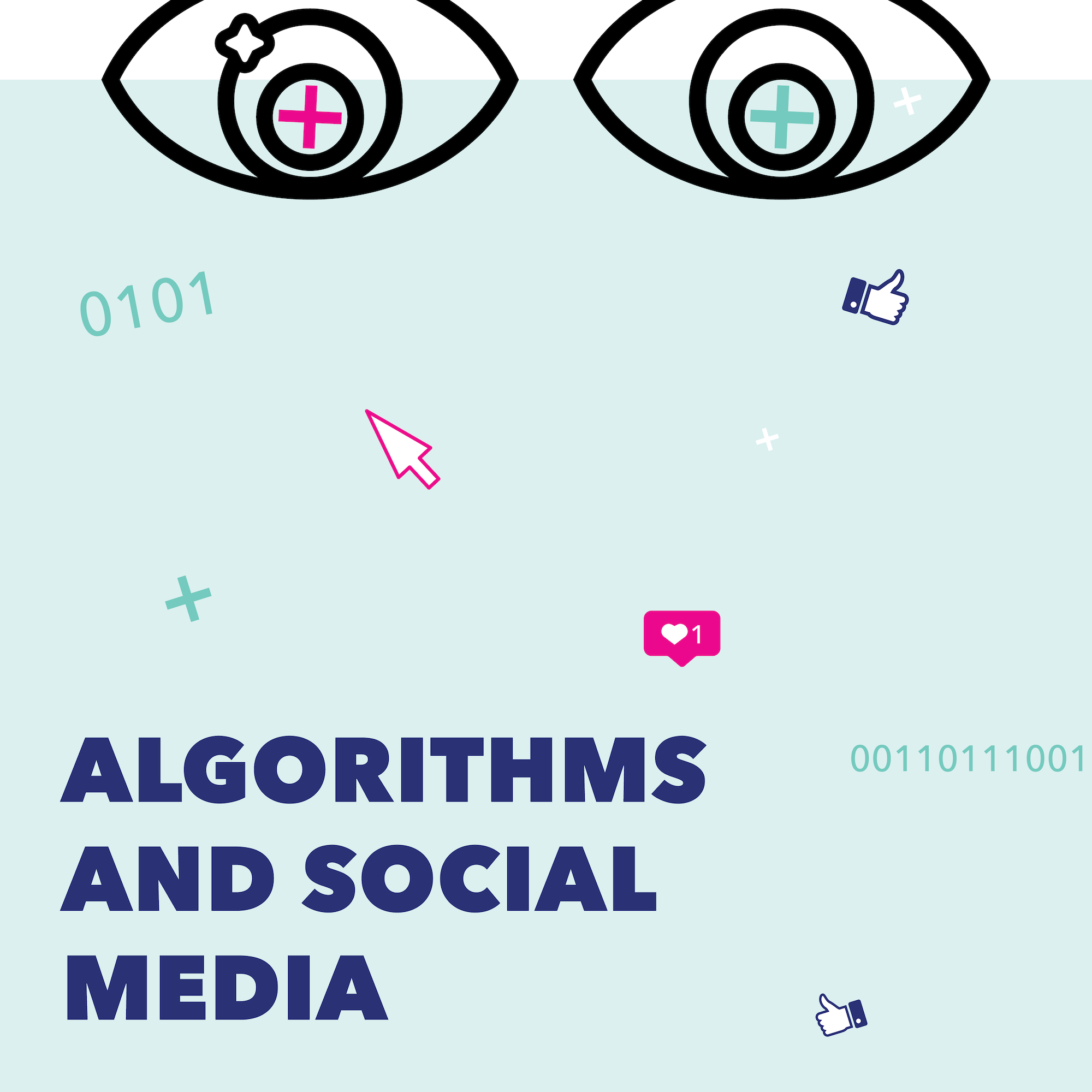A Matter of Trust
If there’s one thing this past year has taught us it’s that personal responsibility and accountability are key to human interaction. I TRUST you to take care of things so that both you and I are safe.
Trust is that invisible glue holding our interactions, systems, and communities together, it is the dark matter keeping our humanity together. Because honestly without trust, both our personal space as well as workspace become mired in doubt, punctuated by “what ifs?”, “how come?” and “should we really be doing it this way?”. It’s an exhausting way to live and it’ll have more of us sitting disoriented, scared, and anxious!
No one needs that!
But in a year that set a record for global trust inequality—where governments, institutions, big businesses, and the media are swinging in opinion and direction on a day-to-day basis, how are regular people like you and me to find that ‘one’ universal truth that underpins all others?
The answer, I think, lies in identifying institutions and figures of trust that are self-aware, open and articulate, repeatedly demonstrating a clear line of action (yes, that takes out most if not all politicians!).
Easier said than done. But here’s how I think we can do it.
Find footing in a world with shifting values.
There’s no doubt about it! The world is constantly shifting on its moral, social, and financial axes. One year ago, during the course of a single week toilet paper inexplicably became a hot commodity and oil went into oversupply! This is also a world where figures of authority can incite hate and discrimination, extreme-wing media can spin anything the way they see it, and there is an unprecedented concentration of power at the command of a handful of big tech executives.
Yes, the pandemic turned things on their head. Yes, it eroded faith and stock in the systems that guide and lead people (Mask-on? Mask-off?). Miscommunication and vacillation further raised speculation and wreaked havoc with economies, while markets inexplicably rejoiced. But now business leaders and organizations need to charter a way to recovery and profitability. They have to regain a strong foothold by understanding what went wrong and take the lead in fixing it.
Baseline Empathy
One way to do this is by committing to mutual communication that builds on a universal value understood by everyone.
I think that value is empathy—compassion that sees everything in ‘human’ terms. By coming from a place that recognizes, understands, and cares for the ‘other’ can we as individuals, businesses, and a community grow to a place of reciprocal trust?
This means building cultures that permeate a well-articulated message of transparency and integrity. It may take a bit of back and forth, but once the baseline is clear—a baseline that defines where people stand and where they need to go—we can build on it so that trust is the next natural step in the relationship.
Get everyone on the same page.
Nothing erodes trust faster than mixed messages from leadership. If you’re about to bring big changes, get all the key people in the same room, and hash out why things work. Once you’re all on the same page, you can figure out how to break the news to your teams, and internal and external stakeholders. It’s a uniform message, delivered top-down that gets everyone seeing and thinking the same thing.
And once everyone is on the same page, STICK TO IT.
If a negotiator can walk a hostage away from a kidnapper, then surely businesses have nothing to fear! Because even in the most hostile of situations, the FBI front-man-diffusing-the-situation, is constantly talking and walking the talk towards a final resolution. There’s clarity and there’s consistency.
The same concept applies to organizations.
If there’s a need for readjustment, go back to step 1: get everyone on boardàidentify the valueàdefine your messageà deliver consistently. Rinse and repeat until you get it right! Then move on to getting the work done.
It’s your best strategy for rebounding, resurging, and building trust that makes you stronger for the future.
Wirelessly Yours,
Ziad
This article was written on a laptop while sipping a cup of freshly brewed coffee that allowed for extra introspection. The soundtrack was piped through a Bluetooth speaker via a smartphone running a streaming music app that might or might not have merged with an SPAC and listed on Nasdaq. All devices were seamless connected to the home wireless network.










